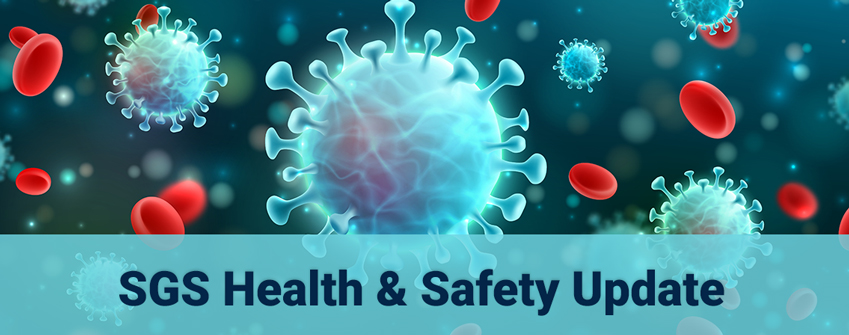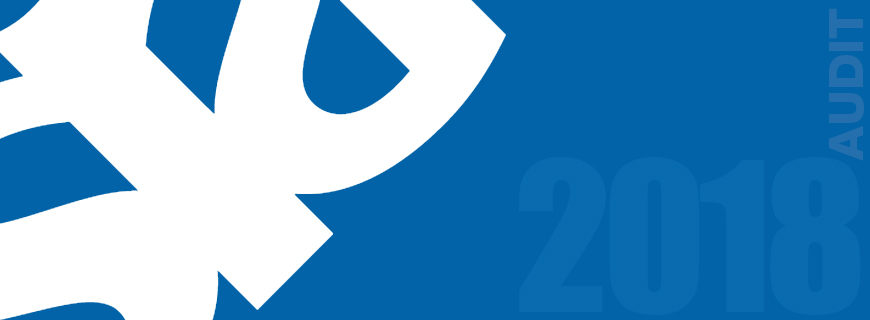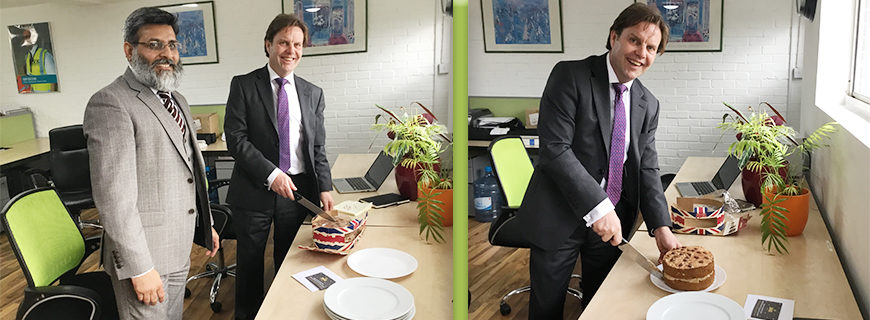
Dear Colleague,
As a security company our first and main priority is to protect you, our people. With the recent events about the coronavirus (COVID-19), we are committed to maintaining the health & safety of our customers and our employees. Therefore, we will be updating you as and when necessary on any relevant updates from legitimate sources – UK Government, Public Health England and BSIA (British Security Industry Authority).
Coronavirus – Frequently Asked Questions
The coronavirus pandemic is affecting all aspects of people’s lives…
And that includes work. In addition to concerns about social distancing, self-isolation, or fears that you or your family will be exposed to the illness, you may also be worried about the impact it’ll have on your income.
What if you get sick? Will you still get paid?
To help you deal with the situation, and to ensure you’re keeping yourself and your colleagues safe, here’s everything you need to know about coronavirus and work:
How can I avoid the spread of coronavirus at work?
If you’re still going into work, it’s important to ensure you’re following the correct procedures when it comes to avoiding the spread of COVID-19.
SGS and our clients have an obligation to ensure workplaces are fully equipped with cleaning supplies, soap, hand sanitiser, and anything else you may need to keep yourself, your colleagues, and your workspace clean.
Generally, here’s what you can do to keep yourself (and others) safe:
- Regularly wash your hands with soap and water for at least 20 seconds
- Use hand sanitiser if you don’t have access to soap and water
- Cover your mouth and nose with a tissue or the inside of your elbow (instead of your hands) when you sneeze or cough
- Avoid touching your face, nose, and mouth with unwashed hands
- Put used tissues in the bin immediately after using (and wash your hands)
- Only travel on public transport if you need to
If you get symptoms at work, make sure you tell your Regional Manager and go home immediately and self-isolate for 7 days.
To find out the most up-to-date tips and advice on how to protect yourself against coronavirus, visit gov.uk.
What is the best advice if I think I have the symptoms of Covid-19 (coronavirus) (e.g. a high temperature and/or new, continuous cough) or have had close contact with someone who has?
- England – contact the NHS here
- Northern Ireland – contact HSC Public Health Agency here
- Republic of Ireland – use the HSE service here who will put you in contact with your local Department of Public Health staff to give you information and advice.
- Scotland – use the NHS Inform service here
- Wales – use the NHS Direct service here
In all cases use the online or telephone services and do not visit your doctor.
What is self-isolation?
Self-isolation involves isolating yourself in order to protect everyone else from the virus. This means staying at home, avoiding public transport, and not going to work or school.
If you start to feel ill with flu-like symptoms, you’ll be required to self-isolate for 7 days initially. If you still have a temperature after 7 days, you’re advised to stay home longer, until it subsides. Anyone you live with will also need to self-isolate for 14 days from the day you first got symptoms.
If possible, you should ask friends or family to go out and get food and other essentials for you, or order online or by phone. You can still go outside to exercise, as long as you do it within a safe distance from others.
What is social distancing?
Social distancing involves avoiding contact with other people wherever possible.
It’s particularly important for vulnerable groups such as over-70s, pregnant women, or those with long-term health conditions or weakened immune systems.
To reduce the spread of infection, the government advises everyone to stay away from busy public places, including pubs, offices, clubs, theatres, and other social venues during this time.
When should I self-isolate?
You should self-isolate if:
- You start to display flu-like symptoms (i.e. a new, persistent cough and/or a temperature)
- You are or have been in close contact with someone who has the virus
- You’re awaiting test results for Coronavirus
- You have returned from any of the affected countries since 19 February (even if you don’t have any symptoms)
What if my colleagues get sick?
If someone you work with has been recently diagnosed with coronavirus, you should self-isolate for 14 days – even if you don’t have any symptoms.
If a colleague appears unwell but is still attending work, you might be concerned about them spreading their illness to others. Whilst you can’t force them to go home, you can take extra cleanliness measures (such as regular hand washing etc.) to protect yourself.
If you’re concerned about the people around you not following the proper safety precautions – you can also mention this to Regional Manager, who will be able to reinforce the importance of cleanliness without naming names.
Will I still get paid if I self-isolate?
In the UK, if Government advice is that you should self-isolate, then you will be entitled to Statutory Sick Pay (SSP) from day one of your absence. If you have merely chosen to self-isolate then, as per your contract, you will not automatically be entitled to be paid.
Choosing to self-isolate beyond what is medically required is treated as a voluntary matter and we would not normally pay workers in such circumstances.
What evidence should I produce for self-certification due to COVID-19 / coronavirus or self-isolation?
If you have COVID-19 or are advised to self-isolate you must obtain an “isolation note” by visiting NHS 111 online and completing an online form, rather than visiting a doctor. For COVID-19 cases this replaces the usual need to provide a “fit note” after seven days of sickness absence. Your Regional Manager will be in contact with you prior to your return to work to check that you are fit to return to work.
SSP is payable from the first day of coronavirus-related sickness absences, where the period of incapacity arose on or after 13th March
Can I take time off to care for someone who is sick?
If someone relies on you for help (e.g. an elderly relative or neighbour) and they get coronavirus, you’ll be able to take time off to take care of them.
The exact amount of time you’re able to take will depend on your individual situation, and will be something you discuss with your Regional Manager. If approved, this period of absence would be unpaid and classed as authorised absence.
If a dependant who lives with you begins to show symptoms (e.g. your child), you’ll be required to self-isolate along with them for 14 days, and you’ll receive statutory sick pay.
Should I avoid shaking hands?
Shaking hands is commonplace in many workplaces – but with the risk to your health at an all-time high, you might want to avoid it.
With many people touching their nose and mouth without even realising it, or perhaps not washing their hands as well as they should, it probably isn’t worth the risk of transmission.
To be safe, you’re well within your rights to suggest an alternative to a handshake.
Am I a ‘key worker’?
The SIA have confirmed that the current definition of critical worker does include regulated (licence holding) security professionals, essential to national infrastructure, including roles essential to supporting law and order. As a Security Officer, employed by Sentinel Group Security, you are providing an essential security service to reduce the demand on policing.
We thank you again for your continued hard work and commitment during this challenging time.




